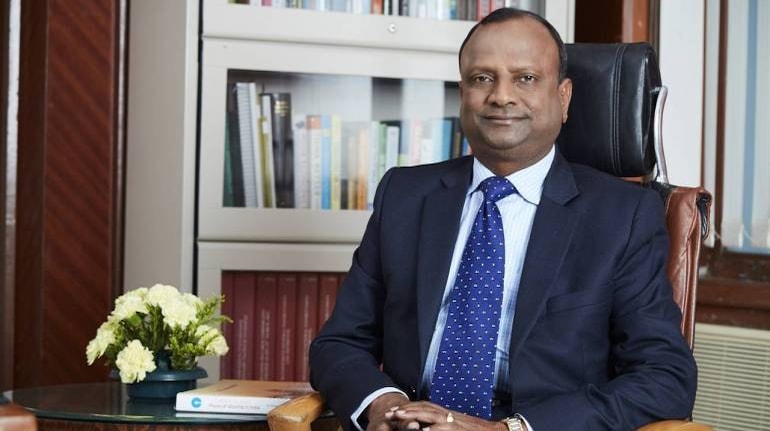



Former State Bank of India (SBI) Chairman Rajnish Kumar has sought reforms in the Kisan Credit Card (KCC) loan scheme, calling it old-fashioned and a source of bad loans.
“A relook at the Kisan Credit Card scheme is required. The scheme is old fashioned and leads to high NPA,” Kumar said in an exclusive chat with Moneycontrol. A loan becomes NPA if there is no payment of interest or principal for a period of 90 days.
KCCs are credit cards used by farmers for drawing money. The limits can be increased periodically based on the repayment records.
Technical adjustments and last-minute minor payments towards the end of a cycle can keep these loans standard. Hence, the nature of KCC-type cards is risky from the asset quality point of view.
Over the years, Kisan Credit cards have seen exponential growth. The total outstanding loans through Kisan Credit Cards grew to Rs 9.4 lakh crore at the end of March 2022 from Rs 7.5 lakh crore a year ago. There are concerns on NPAs from KCC loans.
Kumar also strongly pitched for greater autonomy and professionalism for public sector entities to improve their performance and contribution to the economy.
“Greater autonomy and professionalism in the public sector can increase its contribution in the growth story of India,” Kumar said. He was replying to a question on critical reforms needed in Budget 2023.
Kumar’s comments assume significance in the backdrop of a prolonged debate on autonomy, especially for public sector banks (PSBs), and the bid to privatise at least some of the state-run lenders. Kumar served as the chairman of India’s largest bank by assets between October 2017 and October 2020.
The GNPA ratio of banks fell to a seven-year low of 5 percent in September 2022, the Reserve Bank of India (RBI) said in its financial stability report (FSR) on December 29.
The net non-performing assets (NNPA) dropped to a 10-year low of 1.3 percent in September 2022, the FSR report said.
"Stress test results presented in this issue of the FSR indicate that banks would be able to withstand even severe stress conditions, should they materialise," RBI Governor Shaktikanta Das said in the foreword of the FSR report. "Furthermore, in spite of formidable global headwinds, India’s external accounts remain well-cushioned and viable."
Macro stress tests for credit risk reveal that banks would be able to comply with the minimum capital requirements even under severe stress scenarios, the RBI report said.
Discover the latest Business News, Sensex, and Nifty updates. Obtain Personal Finance insights, tax queries, and expert opinions on Moneycontrol or download the Moneycontrol App to stay updated!
Find the best of Al News in one place, specially curated for you every weekend.
Stay on top of the latest tech trends and biggest startup news.